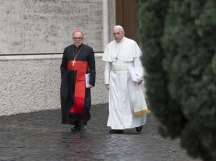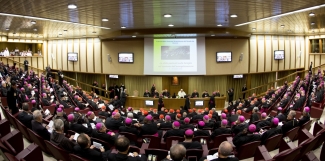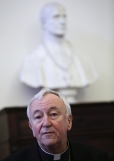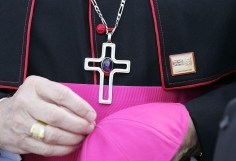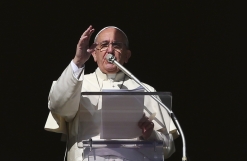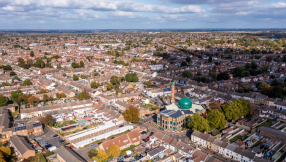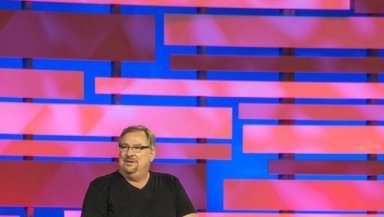
Popular author and pastor Rick Warren is to speak today on the 'Biblical meaning of marriage' at the Pope's Humanum conference in Rome.
The conference is titled 'An International Interreligious Colloquium on The Complementarity of Man and Woman'. It is expected to clarify the Vatican's stance on some of the issues that came out of the recent Synod on the Family, and will seek to find "new and creative language to speak to people where they are," according to one of the organisers.
Helen Alvaré, communications liaison for the conference, told Catholic News Agency that it hopes to offer "a greater understanding" of the relationship between man and woman within marriage. It also aims to provide support for those "who hope for marriage, but sometimes despair, and for people who are struggling with it if they have it," she added.
Warren, who wrote bestselling The Purpose Driven Life and pastors Saddleback church in California, has in the past repeatedly affirmed the traditional Christian teaching on marriage, and is expected do so today. He asked for prayer as he speaks.
At the Synod on the Family last month, there was speculation that the Catholic Church was softening its approach to homosexuality and divorce. A mid-term report issued part way through the conference appeared to signal that traditional teaching was being relaxed, which caused outrage among conservatives.
Pope Francis has stressed the importance of a more caring and pastoral approach to gay people in particular, but during his opening address at the Humanum conference yesterday said that "children have a right to grow up in a family with a father and a mother".
"It is fitting that you have gathered here in this international colloquium to explore the complementarity of man and woman. This complementarity is a root of marriage and family," he told those gathered.
"For the family grounded in marriage is the first school where we learn to appreciate our own and others' gifts, and where we begin to acquire the arts of cooperative living. For most of us, the family provides the principal place where we can aspire to greatness as we strive to realize our full capacity for virtue and charity."
The Pope insisted that to view complementarity as meaning "the roles and relations of the two sexes are fixed in a single, static pattern" is too simplistic, and instead said that it "will take many forms as each man and woman brings his or her distinctive contributions to their marriage".
Marriage, he continued, is in "crisis" in our society. "We now live in a culture of the temporary, in which more and more people are simply giving up on marriage as a public commitment," Francis said.
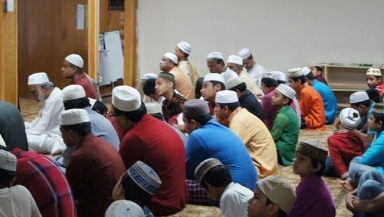
"Evidence is mounting that the decline of the marriage culture is associated with increased poverty and a host of other social ills, disproportionately affecting women, children and the elderly. It is always they who suffer the most in this crisis...It is therefore essential that we foster a new human ecology."
Affirming the family as "the foundation of co-existence and remedy against social fragmentation," the Pope urged those gathered to uphold "yet another truth about marriage: that permanent commitment to solidarity, fidelity and fruitful love responds to the deepest longings of the human heart".
"Children have a right to grow up in a family with a father and a mother capable of creating a suitable environment for the child's development and emotional maturity. That is why I stressed in the Apostolic Exhortation Evangelii Gaudium that the contribution of marriage to society is 'indispensable'; that it 'transcends the feelings and momentary needs of the couple,'" he said.
"I pray that your colloquium will be an inspiration to all who seek to support and strengthen the union of man and woman in marriage as a unique, natural, fundamental and beautiful good for persons, communities, and whole societies."
The Humanum conference, which has welcomed around 30 speakers from 23 countries, ends tomorrow.











